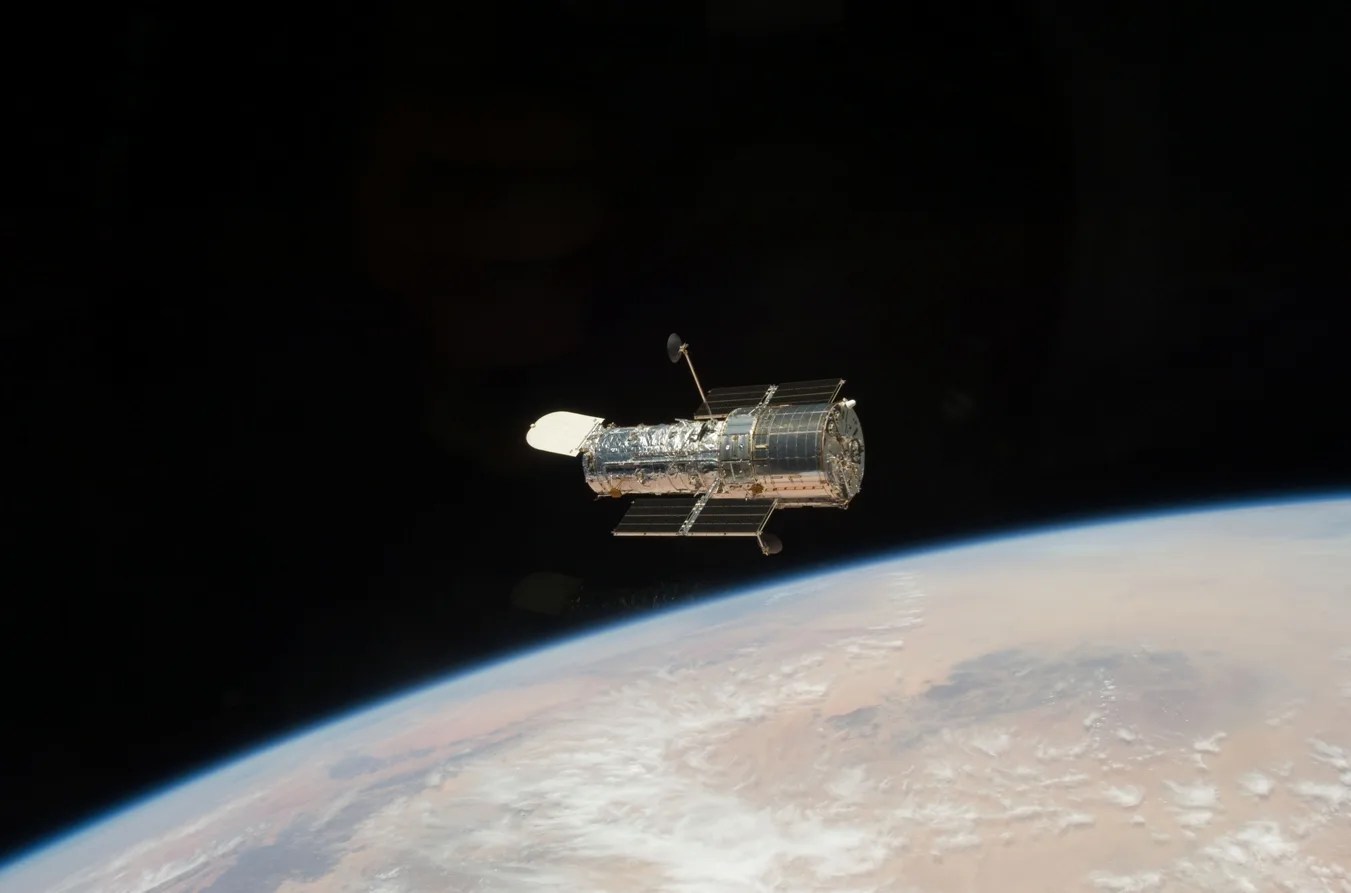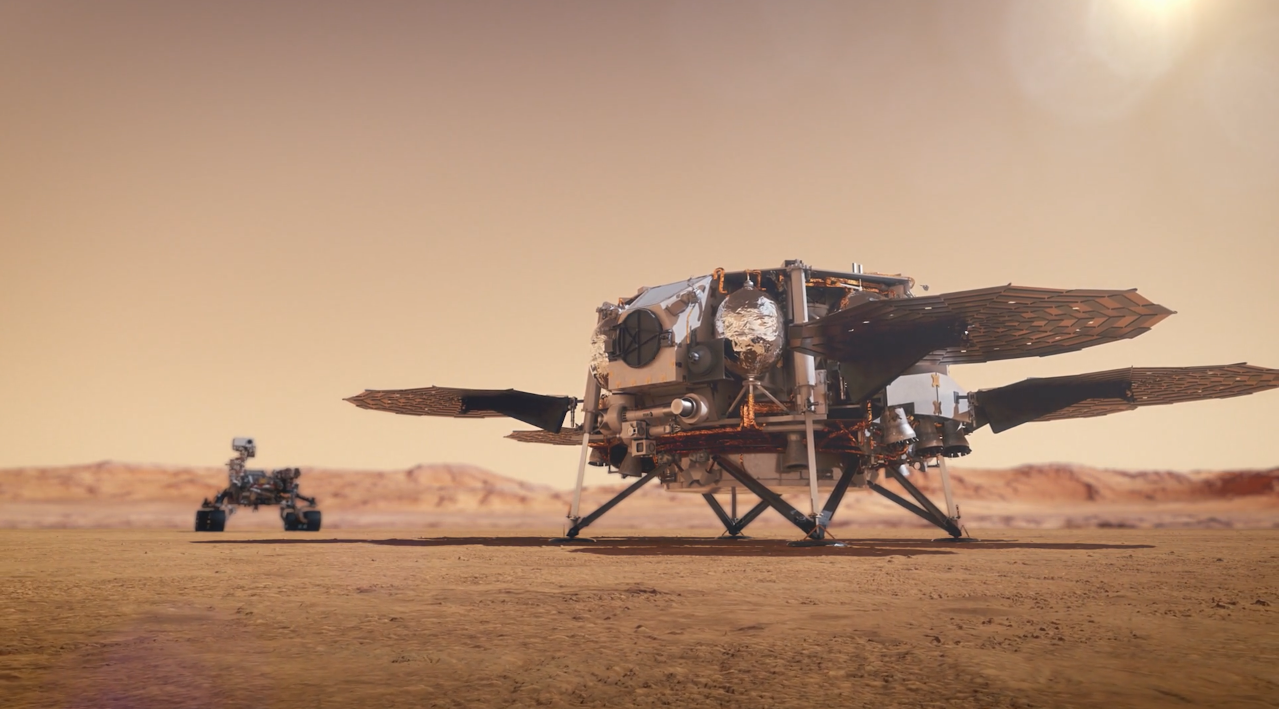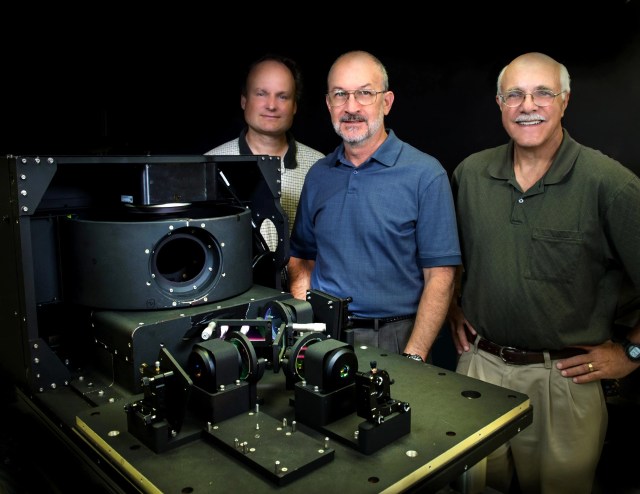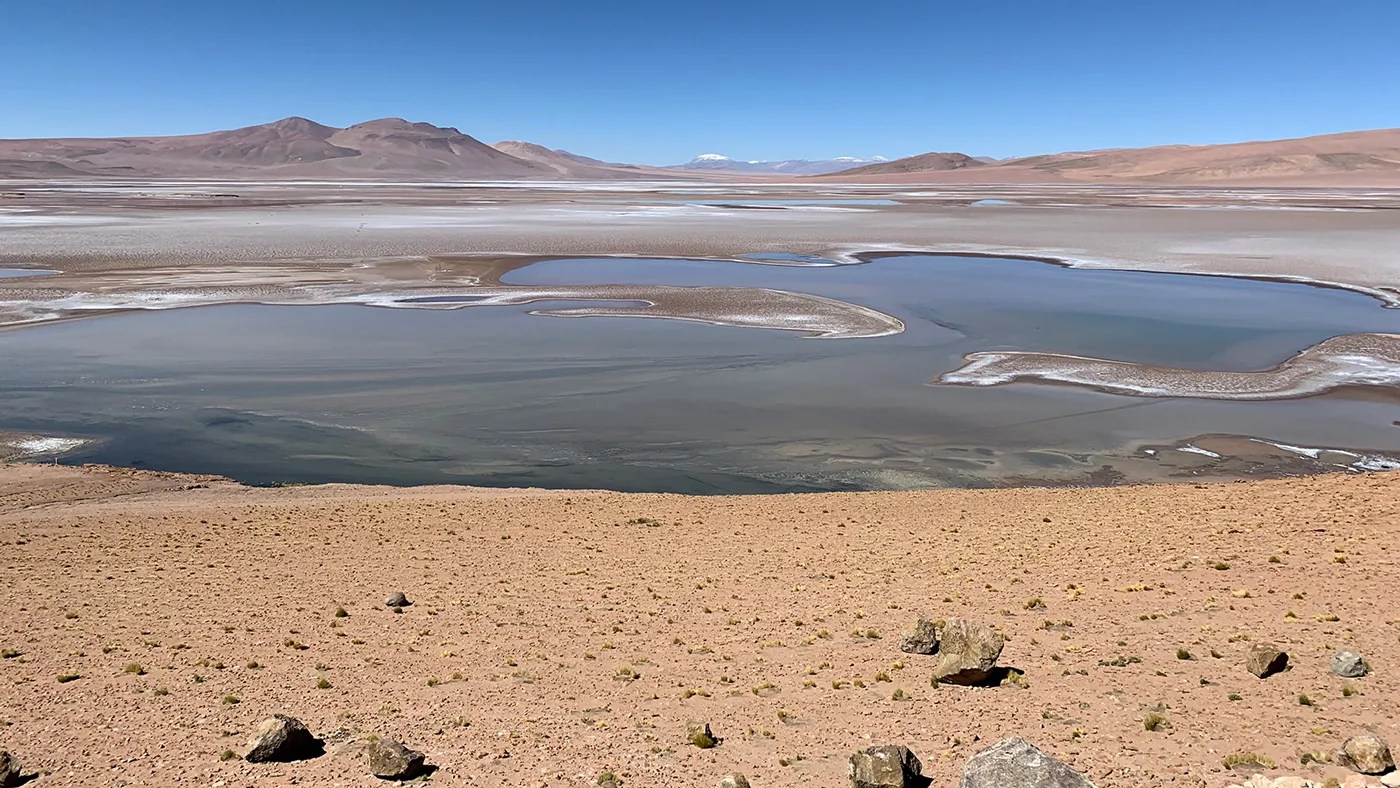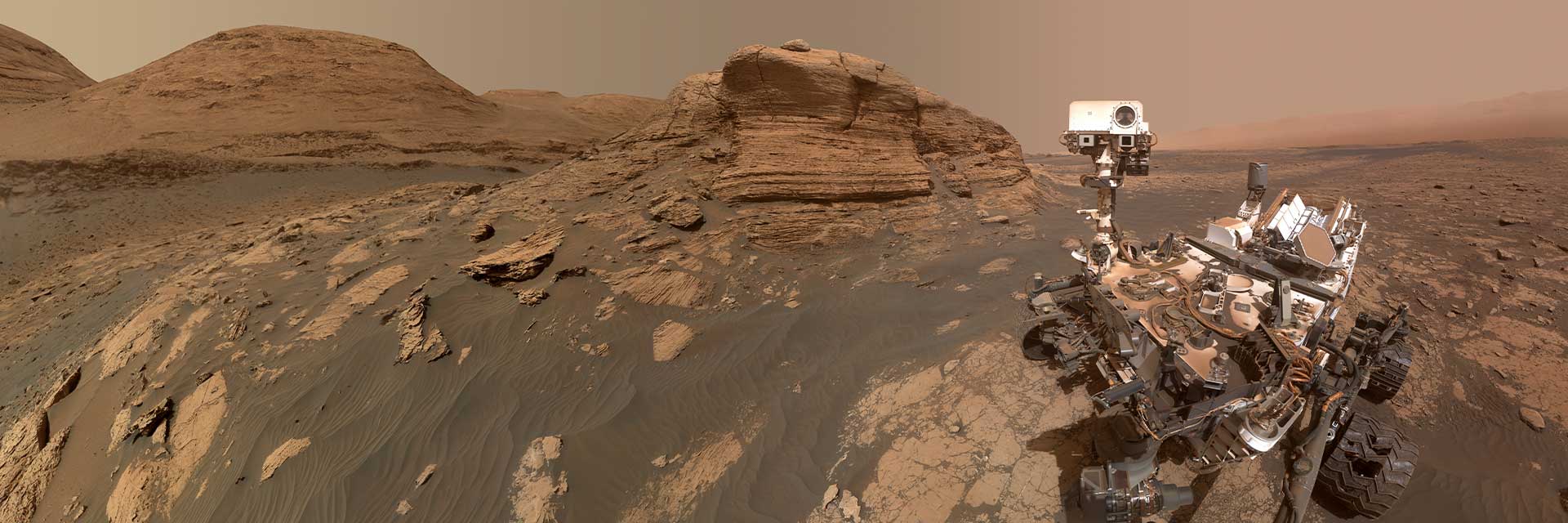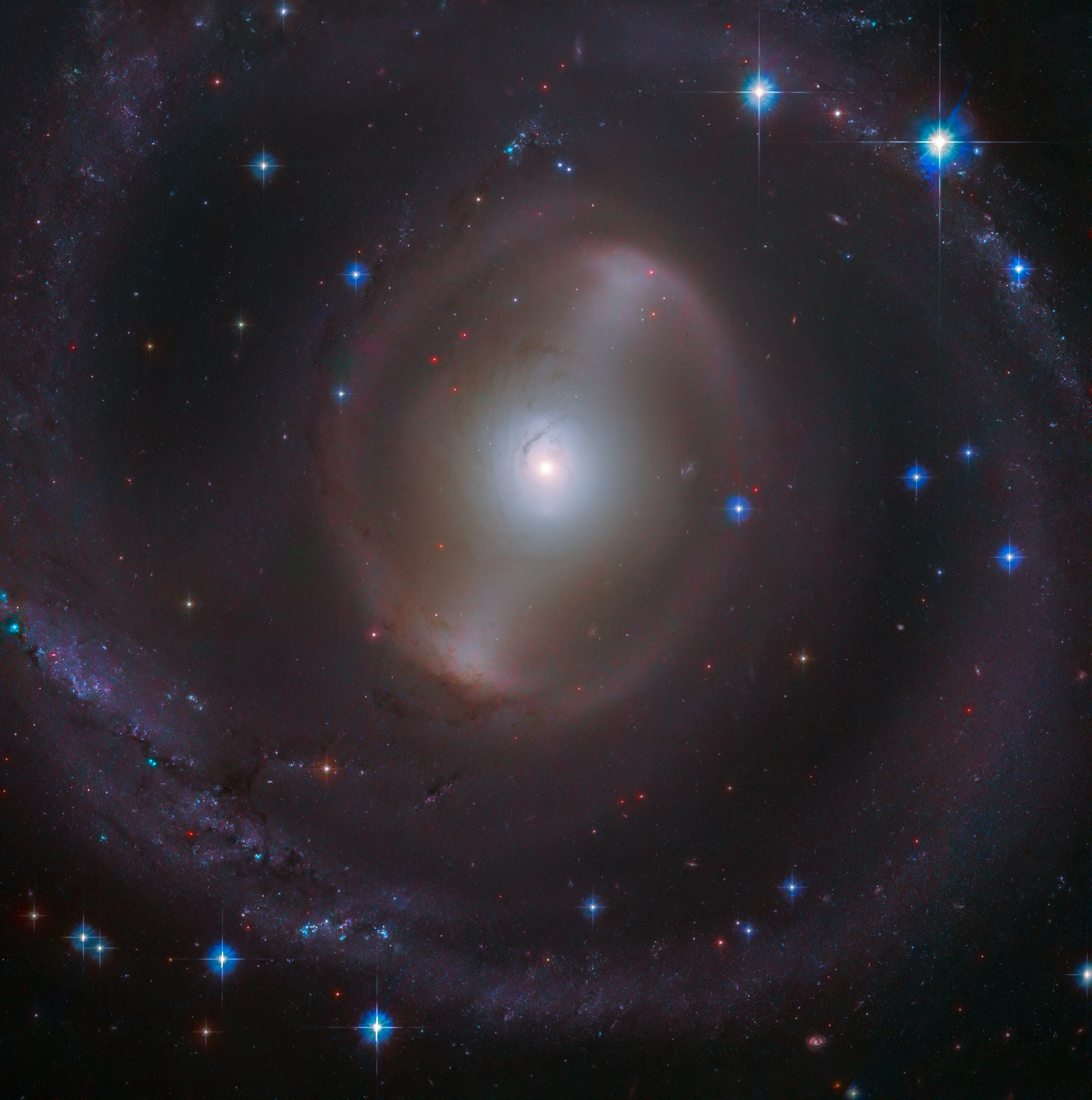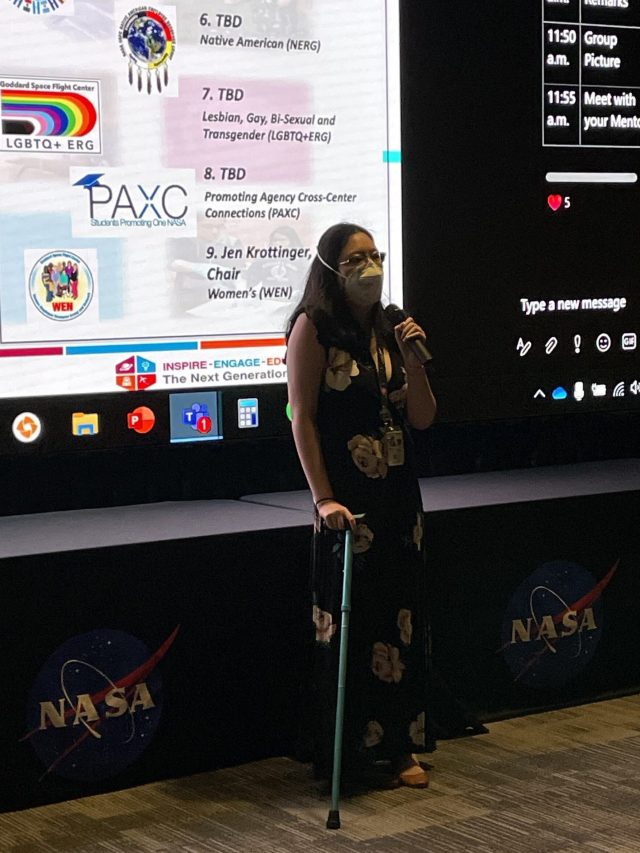Today, NASA released a new, limited-edition podcast called The Invisible Network, the first NASA podcast to embrace narrative storytelling. All six episodes can be downloaded and binged on NASA’s website, SoundCloud and Apple Podcasts.
You may think you know NASA: astronauts, launches, Mars rovers, and so on. This new podcast brings listeners a side of NASA they may have never heard of before — technologies crucial to spaceflight, yet often overlooked.
The podcast’s title comes from author and former NASA engineer Sunny Tsiao’s book, “Read You Loud and Clear,” which NASA published in 2008. Tsiao notes that NASA’s communications and tracking programs are often described as “invisible.” Infrastructures, he writes, are seldom recognized, except when they fall short.
If NASA’s networks are invisible, perhaps it’s because they work so well.
The goal of The Invisible Network is to engage listeners with overlooked technologies and advancements in a fresh, exciting way. The narrative format allows episodes to delve deeply into a topic, while uncovering the human side of space science and exploration. In the podcast, seemingly esoteric technologies become vital and personal pieces of NASA’s story – a rich legacy of continued innovation amongst the stars.
Listen to The Invisible Network here:
Other NASA podcasts include:
NASA in Silicon Valley, a weekly series from the agency’s Ames Research Center in Silicon Valley, California, features the researchers, scientists and engineers and who push the boundaries of innovation.
Houston We Have a Podcast, the official podcast of NASA’s Johnson Space Center in Houston, focuses on human spaceflight and the scientists and engineers who support crewed exploration.
Rocket Ranch, the official podcast of NASA’s Kennedy Space Center in Florida, takes listeners behind the scenes into the inner workings of the world’s premiere spaceport.
Gravity Assist takes listeners on a journey through the solar system and beyond with many of the world’s top scientists as their guides.
-end-
John Yembrick / Kathryn Hambleton
Headquarters, Washington
202-358-1584 / 202-358-1100
john.yembrick@nasa.gov / kathryn.hambleton@nasa.gov


